The government’s stable and predictable economic policy protects Hungarians from the harmful consequences of Europe’s economic nosedive, as is clearly shown by the fact that international investors continue to place their trust in Hungary, Foreign Minister Peter Szijjarto said Thursday in Nagykoros at the inauguration of Bonduelle’s new investment.
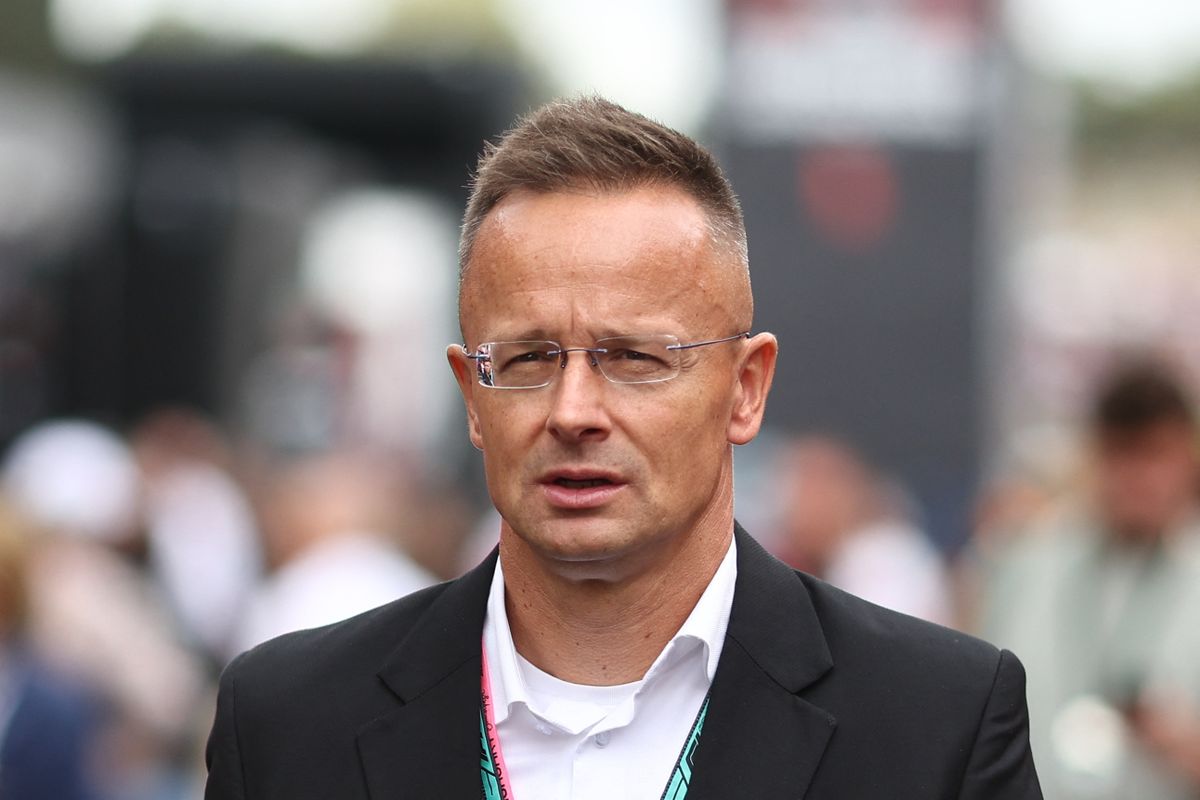
According to the Foreign Affairs and Trade Ministry’s statement, the French food industry company expanded its capacity in Bekescsaba, Nyiregyhaza and Nagykoros with an investment worth around 4.5 billion forints (approx. €11.5 million), supported by 750 million forints (nearly €200 thousand) in state support, thereby helping preserve 750 jobs.
In his speech, Peter Szijjarto explained that under the project the company established a logistics hub in Nagykoros, which will direct its Central and Eastern European transport operations.
He highlighted that the investment has benefits beyond itself, since most of the dry goods and packaging materials handled there come from Hungarian suppliers. He also noted that Bonduelle was among the first companies to exploit the opportunities offered by dual vocational training in the country, with a significant portion of middle managers graduating from the Hungarian education system. He stressed that around 90 percent of the company’s Hungarian-produced goods are exported.
The minister underlined that Hungarian agriculture and the food industry are highly competitive on the international stage, with the sector’s resilience put to the test and proven successful during the coronavirus pandemic when no shortages arose.
Over the past ten years, 292 large food industry investments have been made in Hungary with government support, worth more than 1.5 trillion forints (over €3.8 billion), Szijjarto said, noting that this is part of the government's strategic goal for the country to be self-sufficient in food supply.
He added that during this period the state supported 60 major French investment projects worth a combined 430 billion forints (approx. €1.1 billion), creating nearly 5,000 new jobs.
Turning to global developments, Szijjarto argued that Europe has lost a great deal of competitiveness in recent years because even the simplest issues have been over-politicized and over-ideologized.
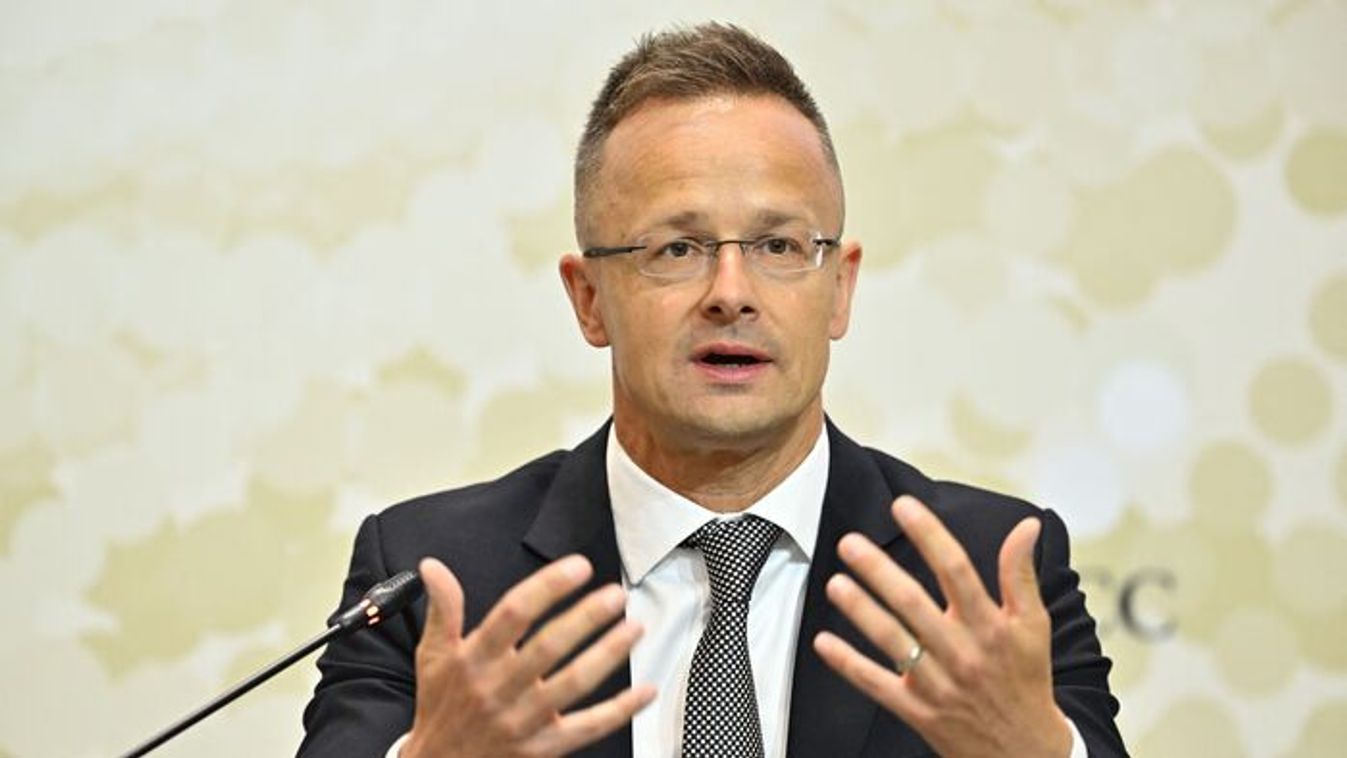

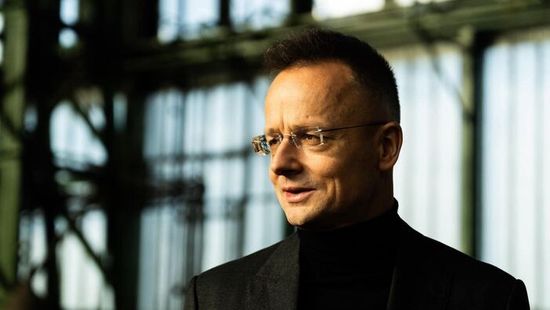
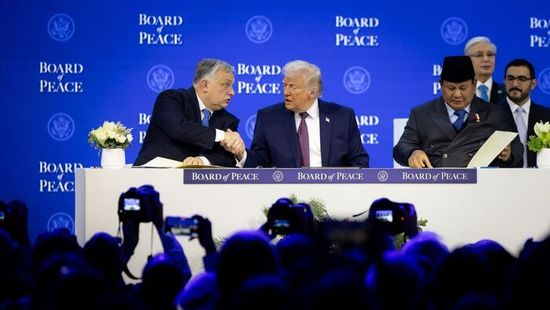



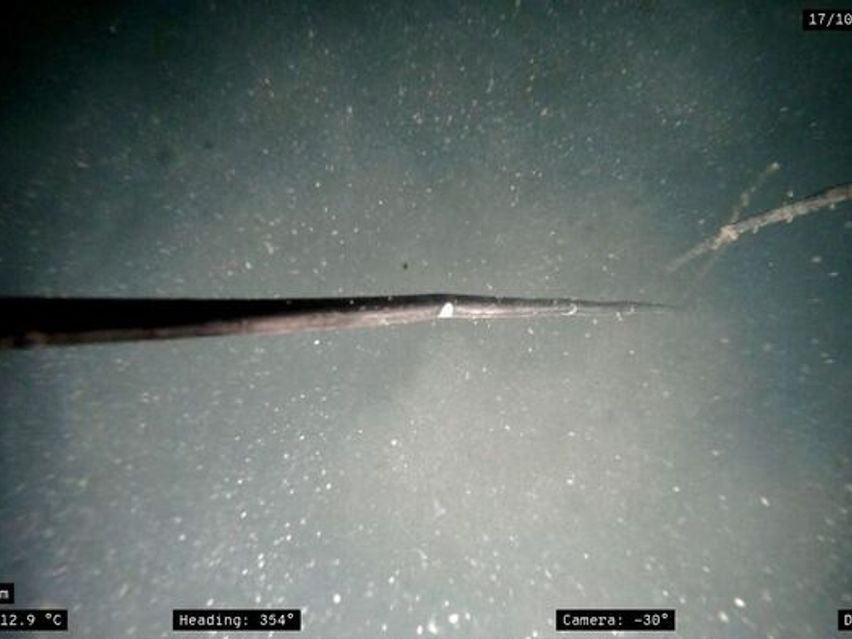



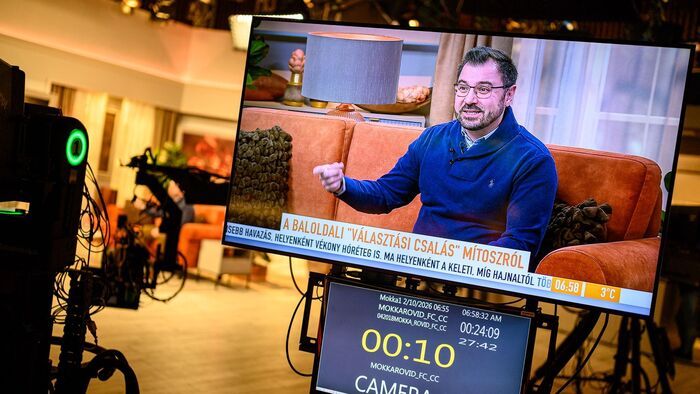
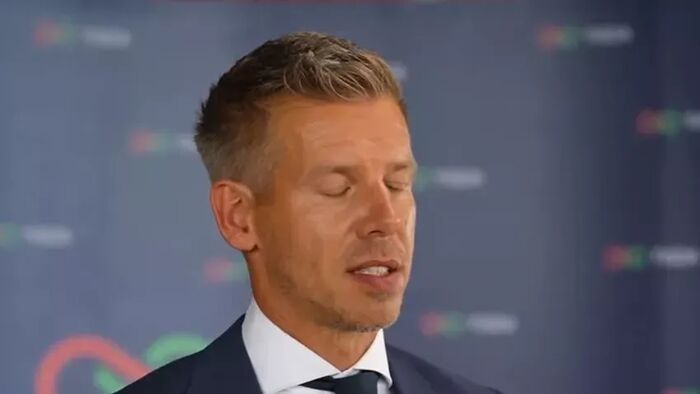


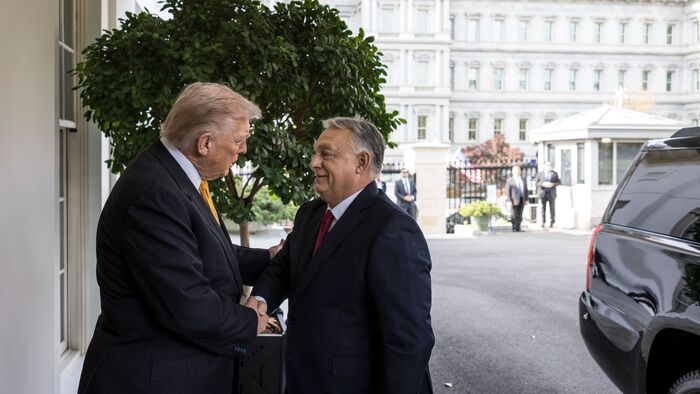
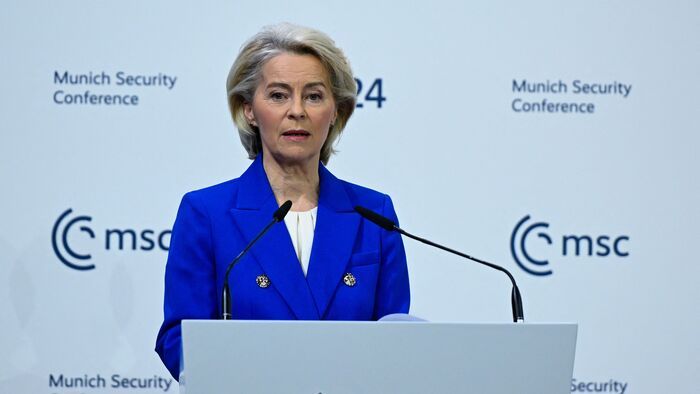
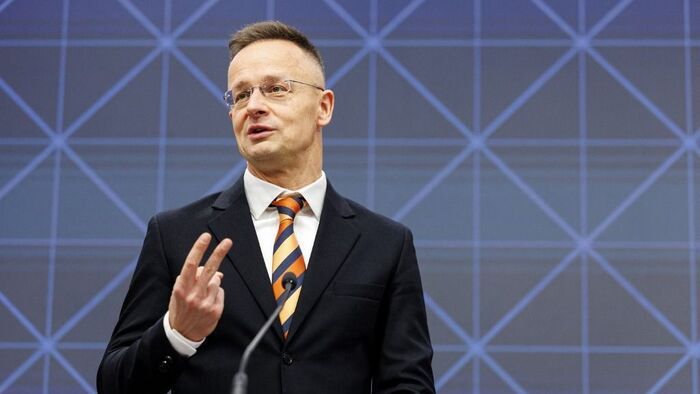





Szóljon hozzá!
Jelenleg csak a hozzászólások egy kis részét látja. Hozzászóláshoz és a további kommentek megtekintéséhez lépjen be, vagy regisztráljon!